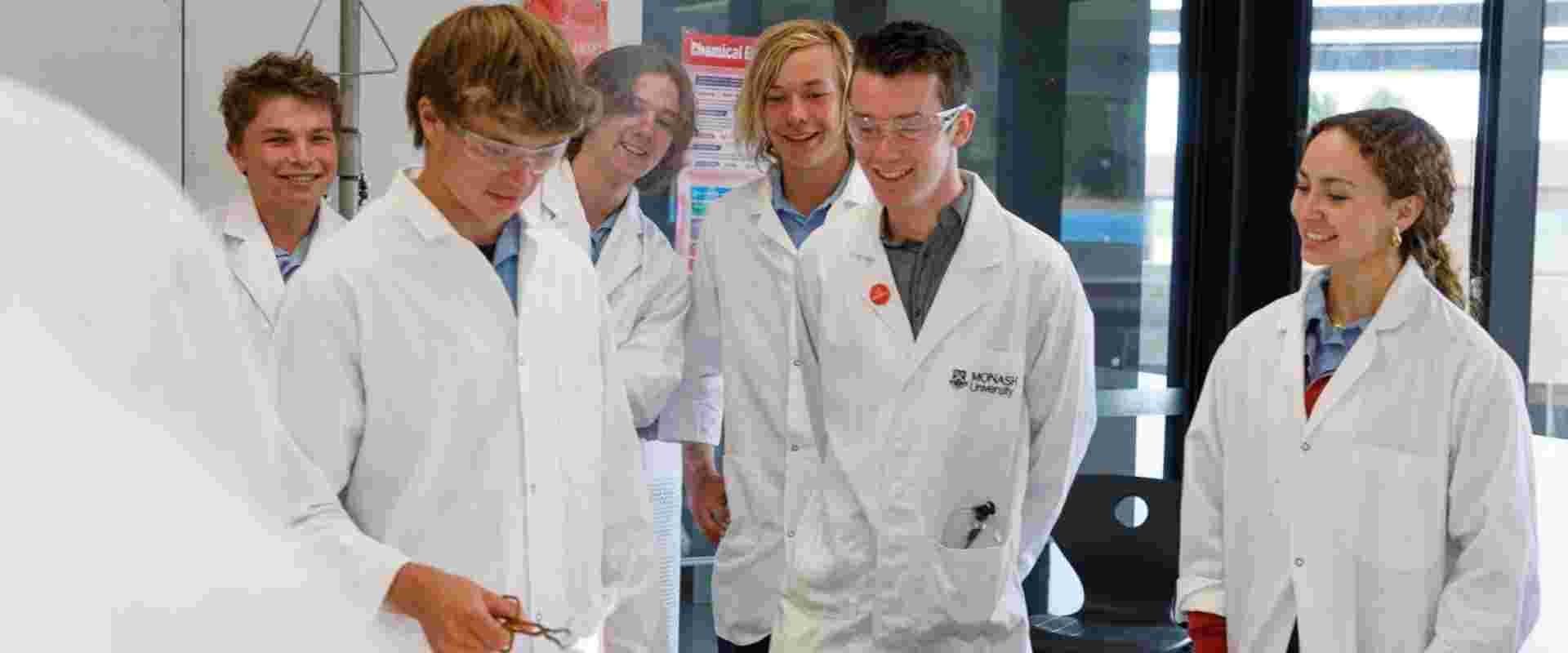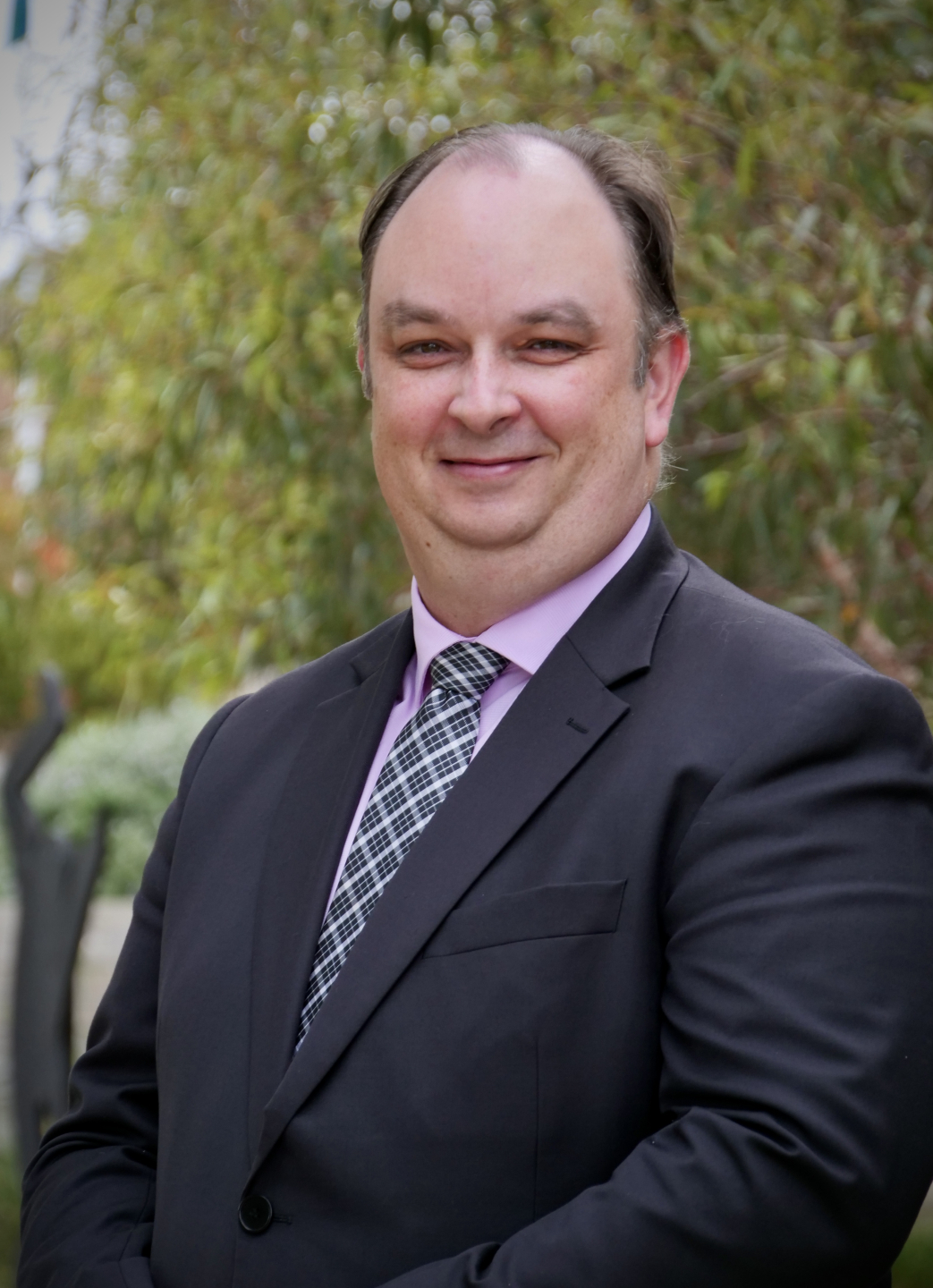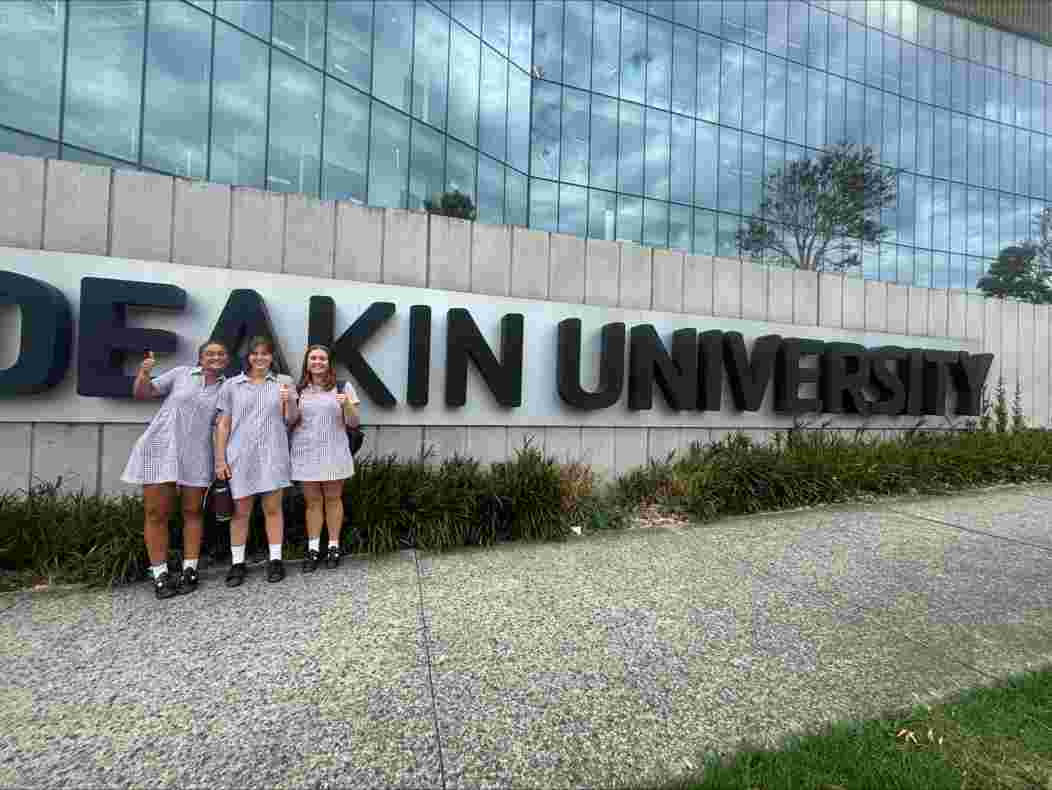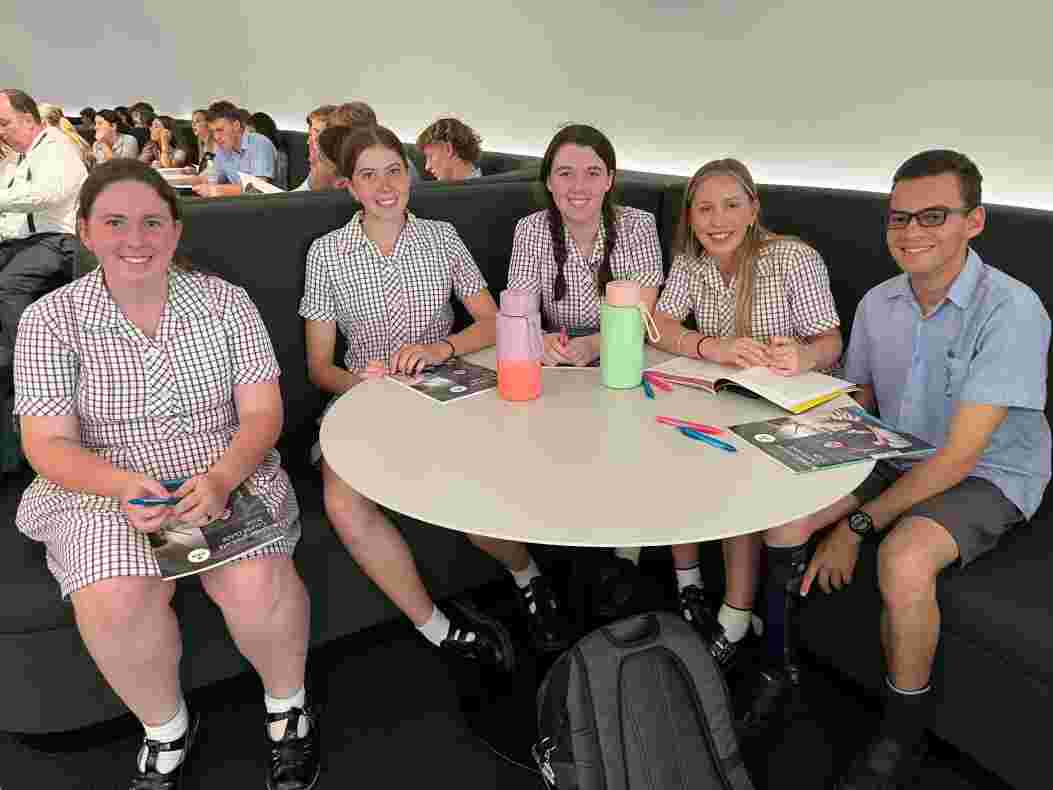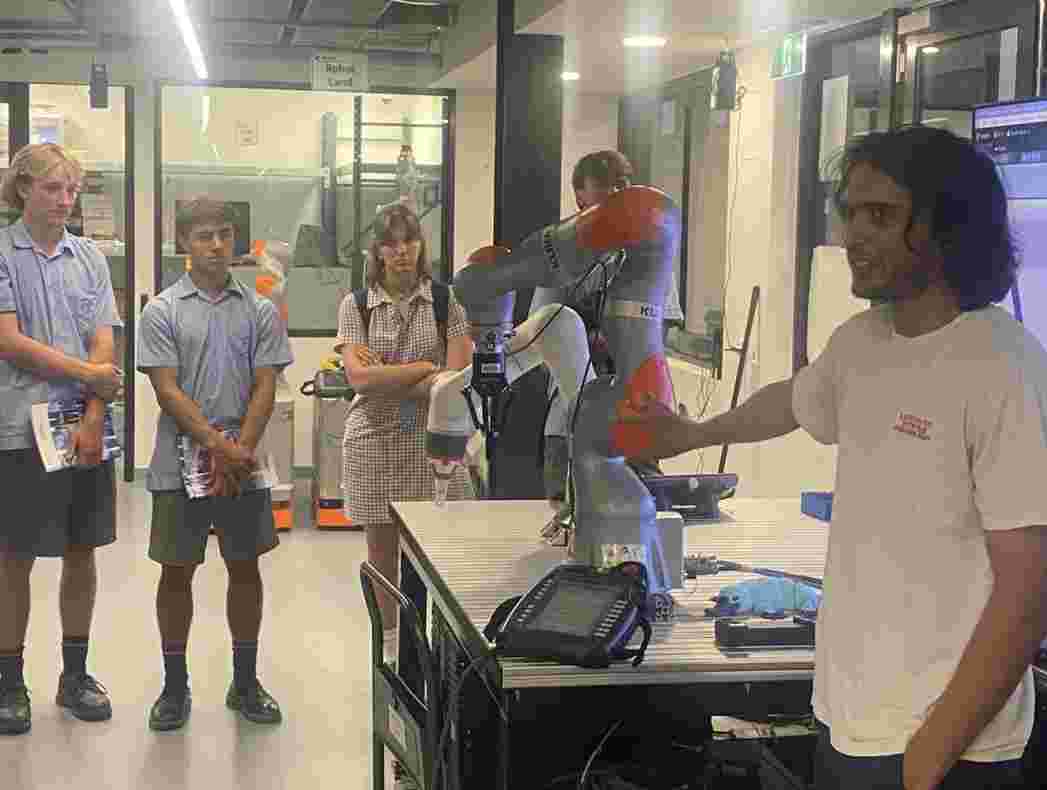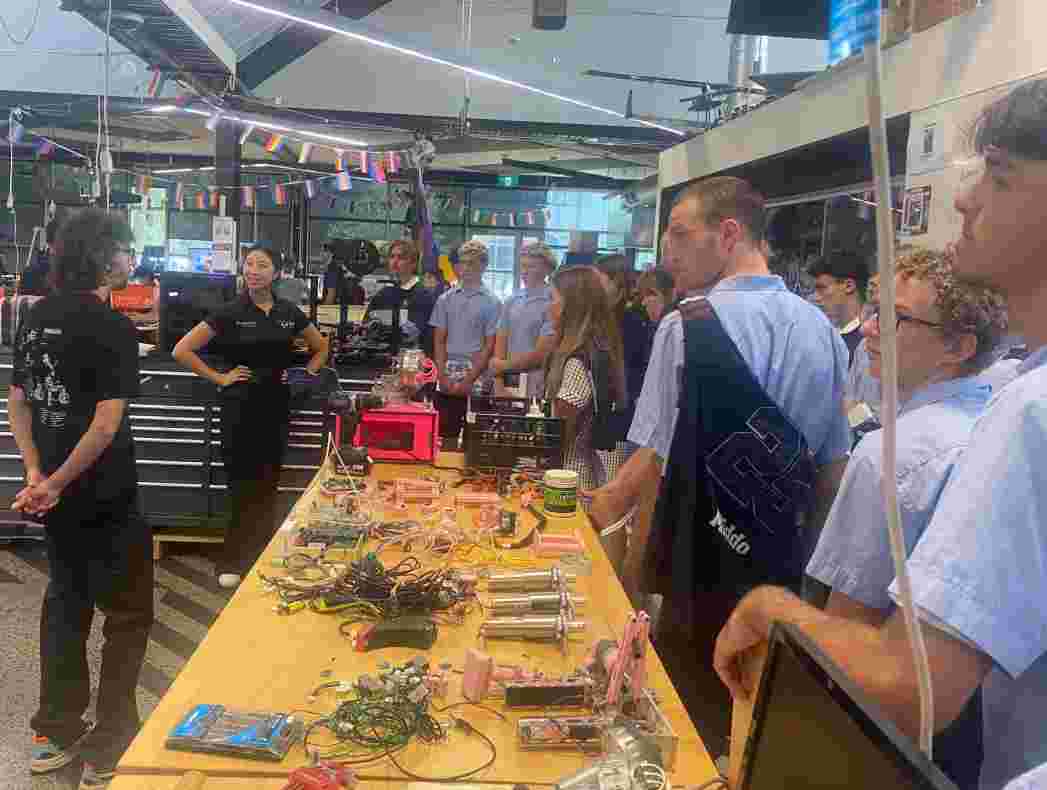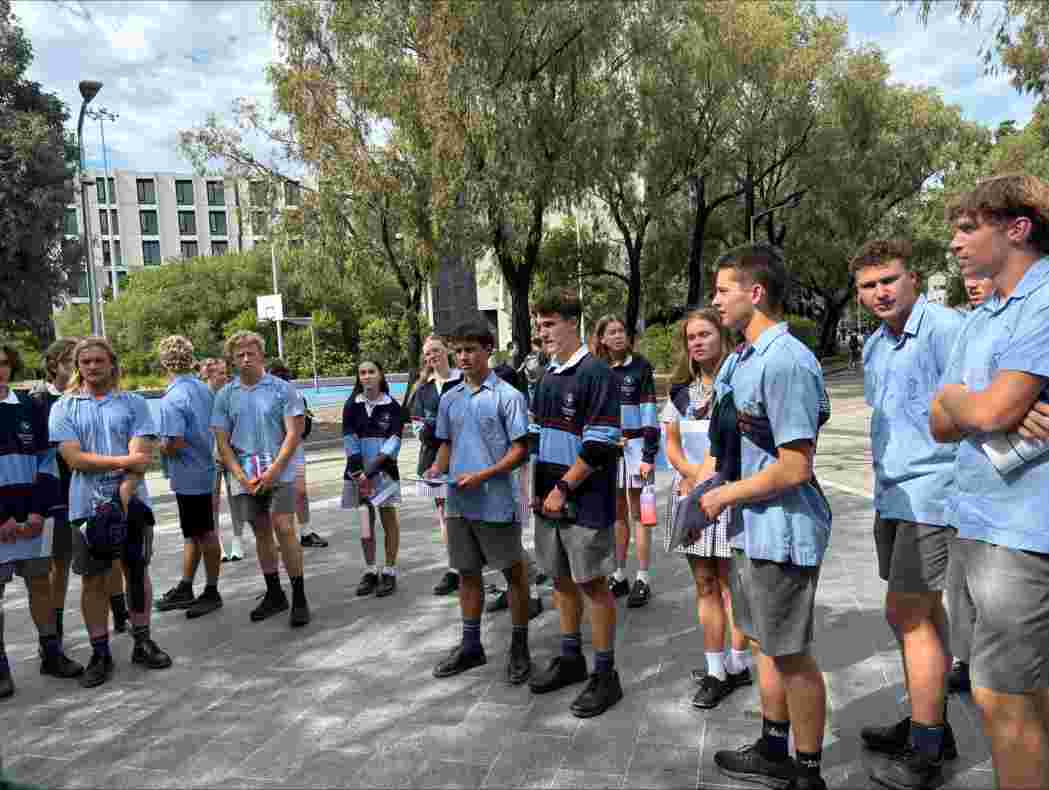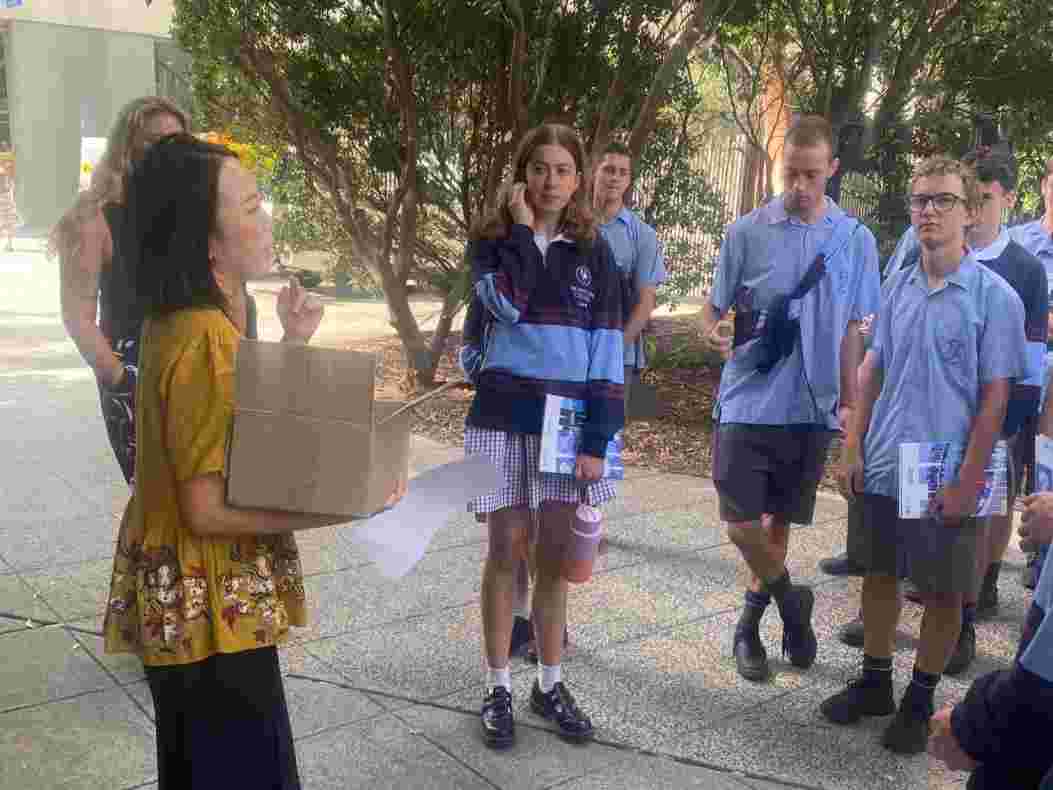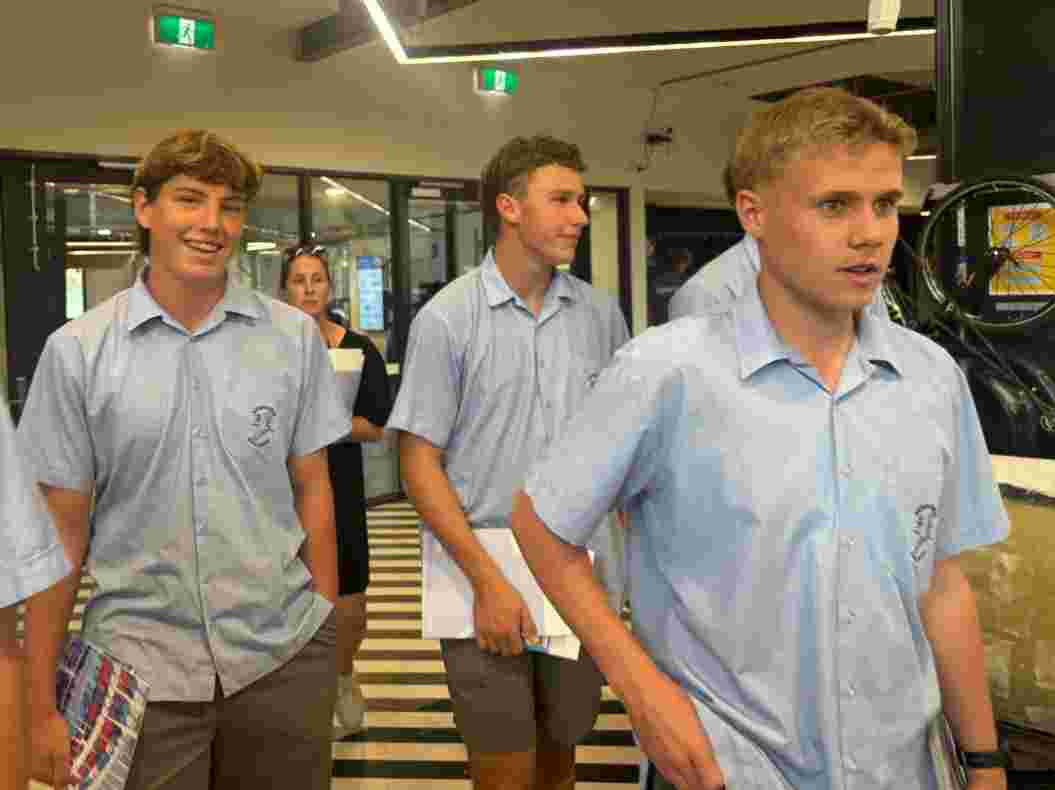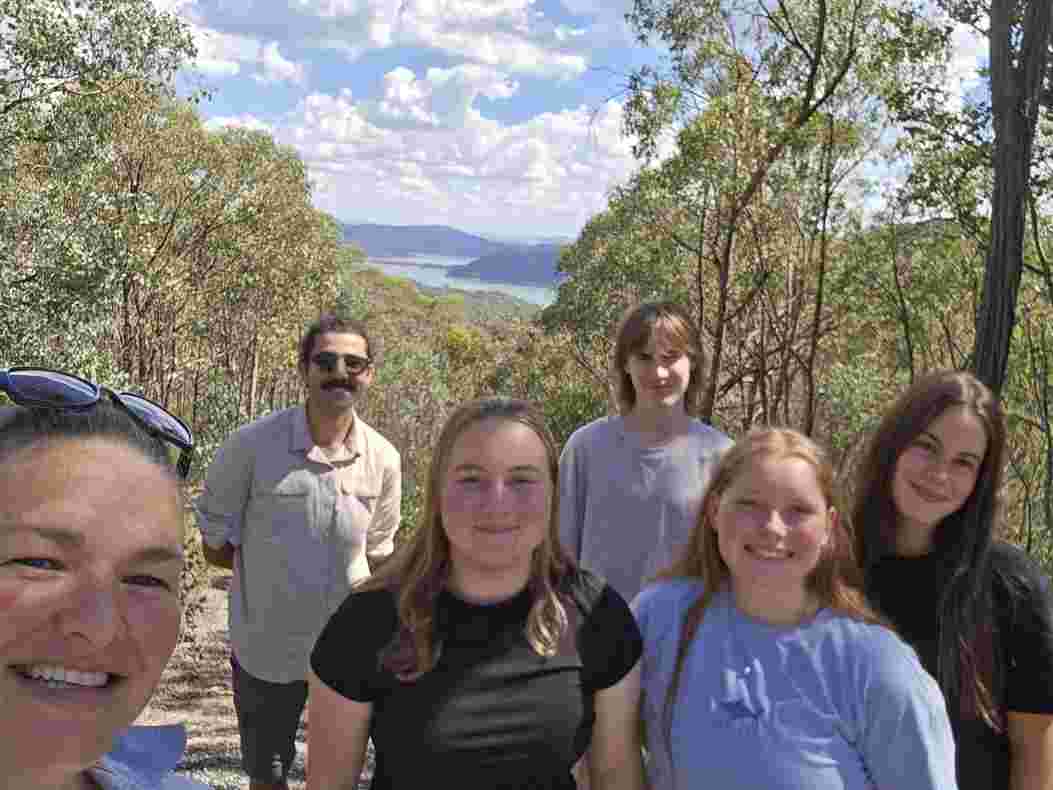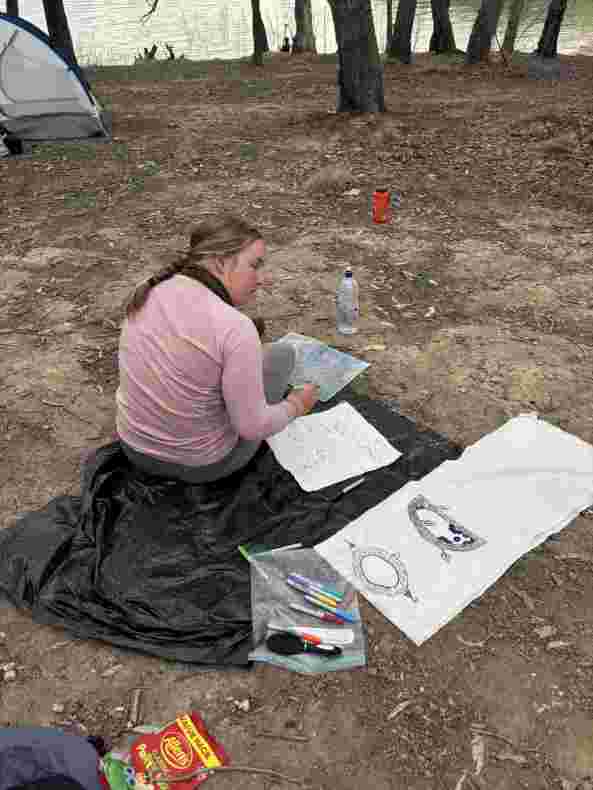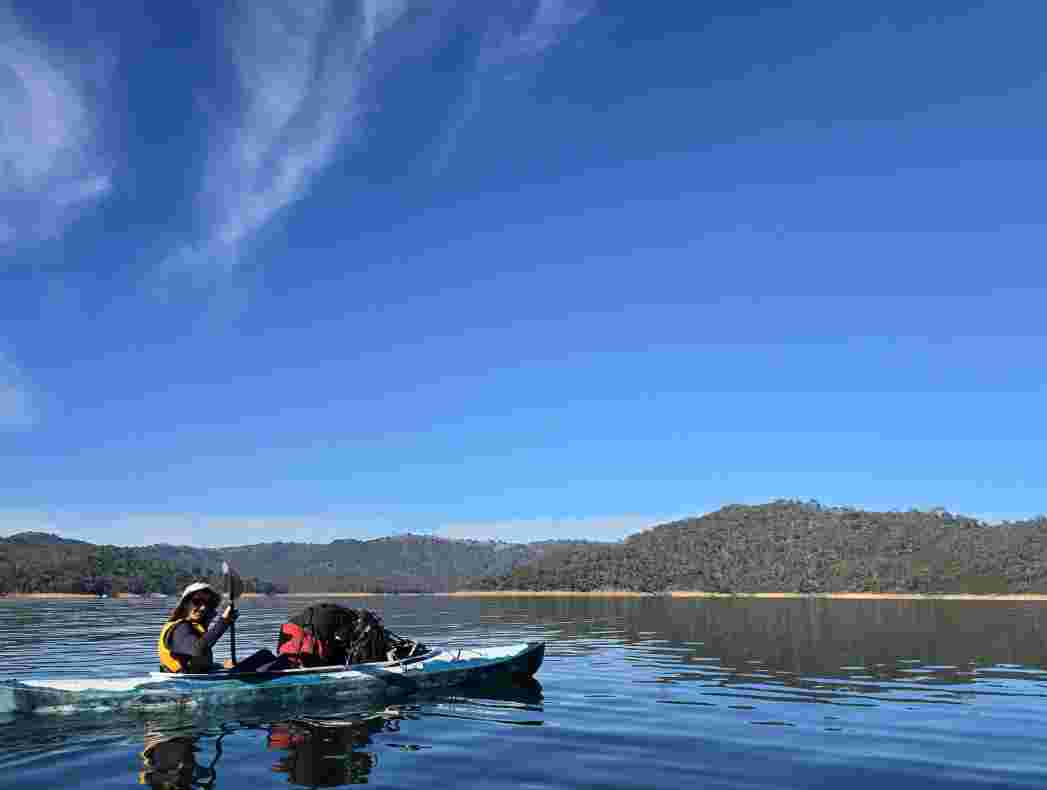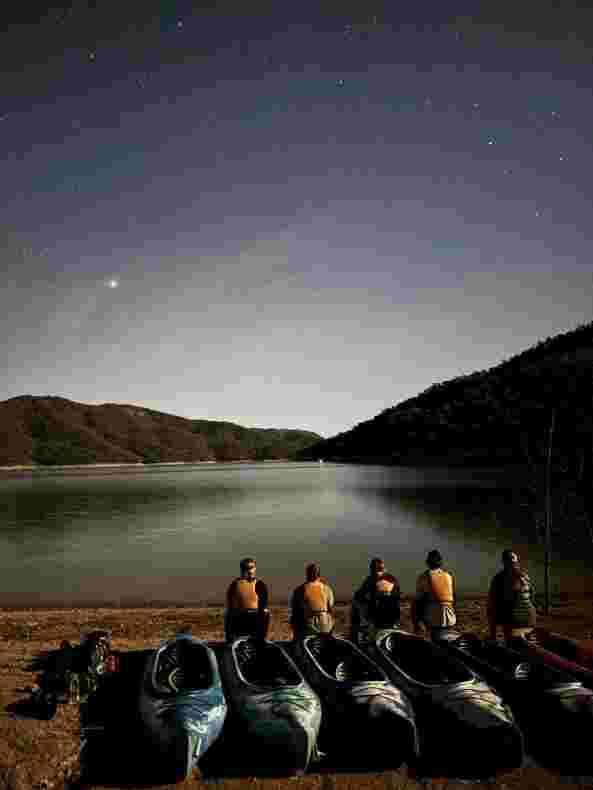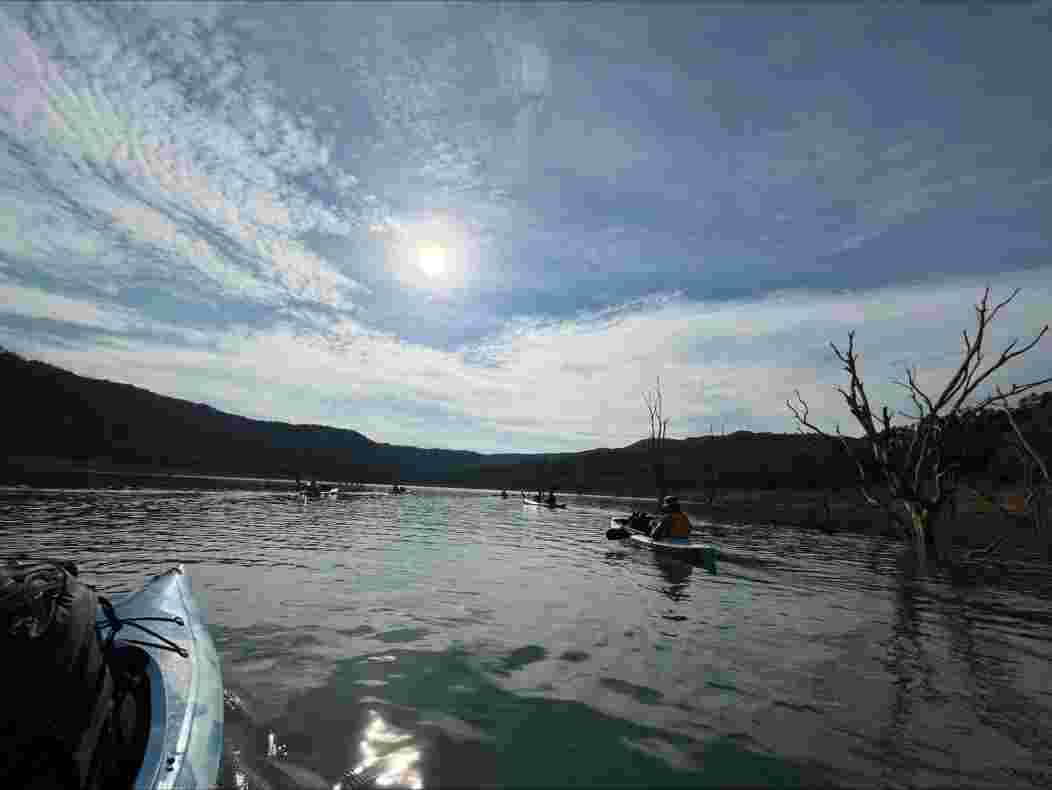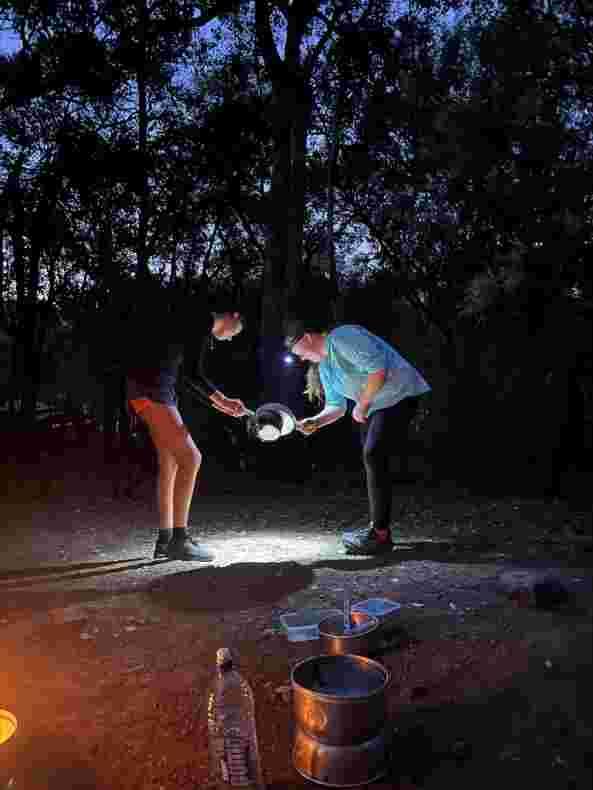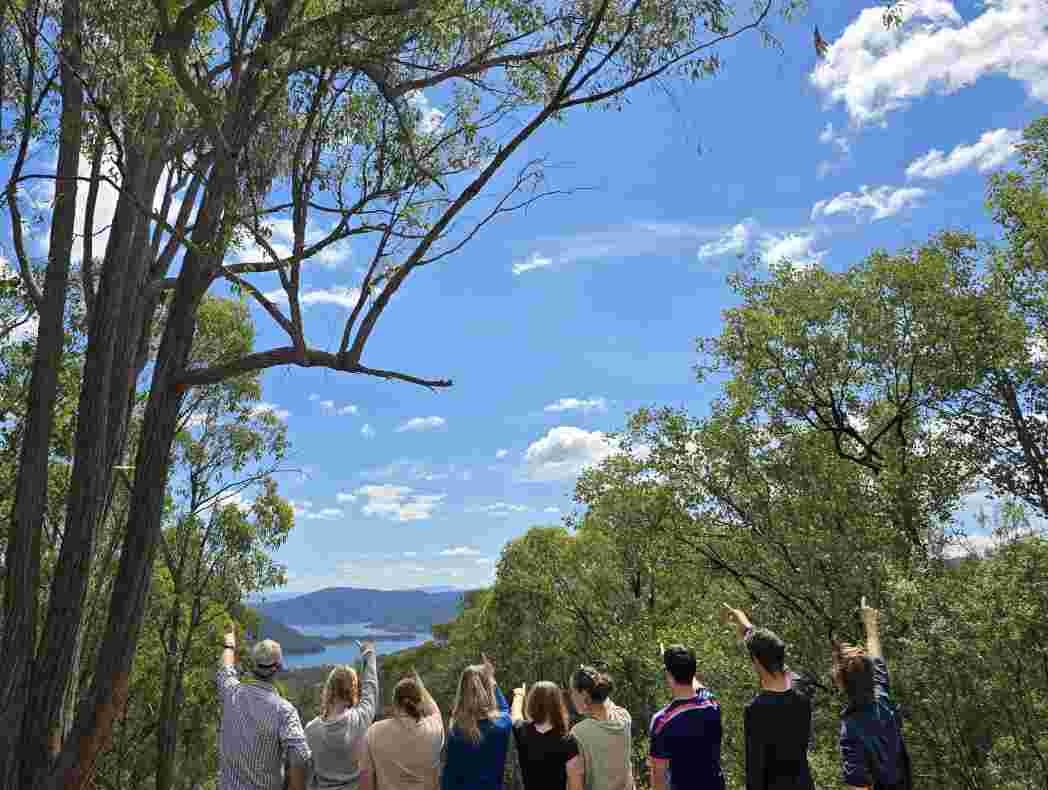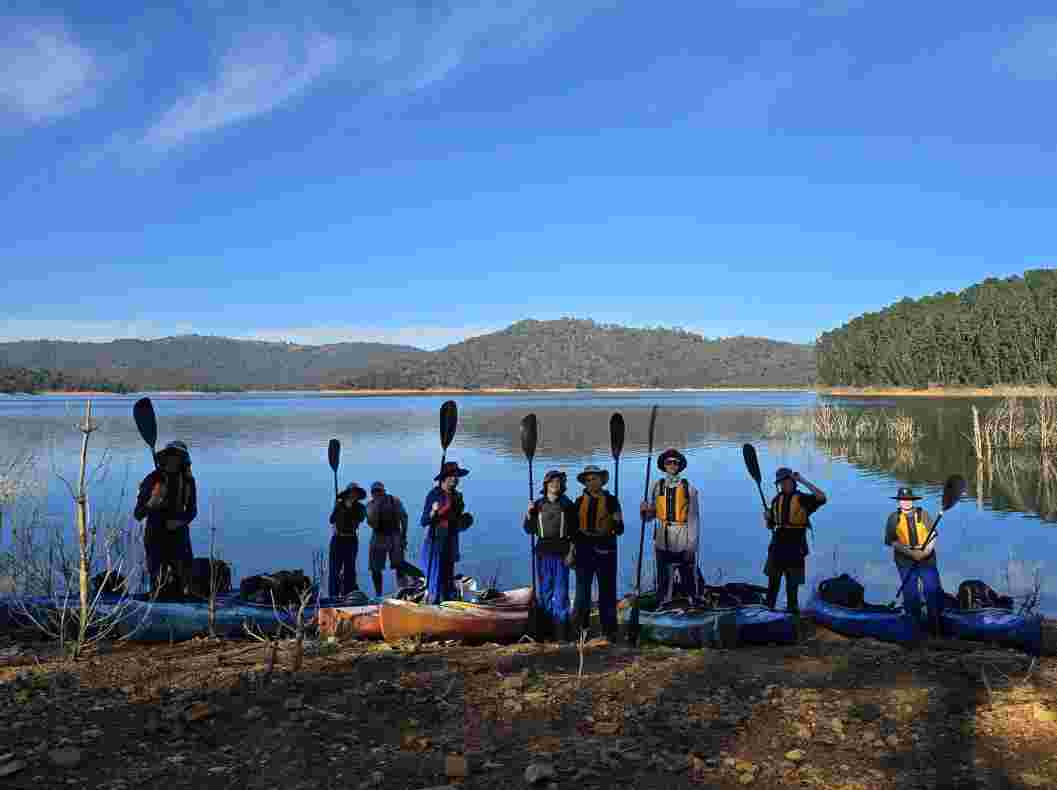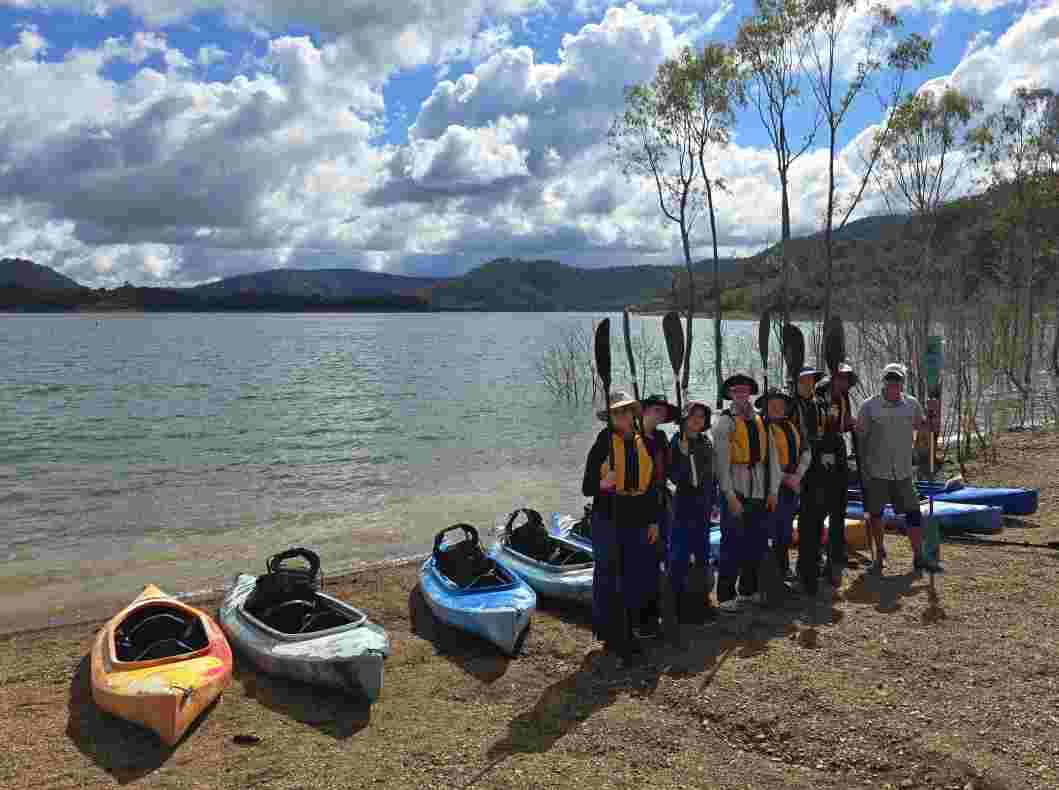Leadership. How we define leadership and how we both see and would like to see leadership expressed in others is as varied as the number of people you talk with about this topic. People in leadership roles are often asked what their leadership style is, which is a difficult question to answer, as one’s style changes and evolves as we gain experience in various leadership roles. When thinking about some of the world’s most famous leaders and their leadership style, their styles are often defined by others. For example, when asking Google’s AI what Winston Churchill’s leadership style was, this is the answer: “Winston Churchill's leadership style was characterized by bold decisiveness, unwavering resolve, and powerful communication, inspiring a nation to persevere during a time of immense crisis.” Some leaders rise in a crisis, as Winston Churchill did during World War II, however it is generally recognised that he was a poor leader in peace time – “when he became Prime Minister after the war he was past his best and did little to help Britain adapt to her new role in the world.”
What this set of quotes says to me is that a leadership style must be adaptive to the moment. A good leader must adapt to the conditions in which they find themselves and drive positive change for those they lead with a heartfelt belief and a determination to lift others up whether they believe in the vision laid out by the leader or not. Indeed, the best leaders are able to predict the winds of change ahead of them and adapt accordingly. This is a characteristic that is seen in very few leaders, especially our political leaders of the modern era. Far too often in a wide range of scenarios, leaders often face waves of minor crises to which they must be reactive, which ultimately prevents an average leader from acting proactively. Such frustrations are not lost on school leaders. Schools themselves are filled with events that some would classify as minor crises that must be dealt with in the moment – rarely is there time for proactive thoughts or actions. Nonetheless, proactivity is a requirement if a school, or any institution for that matter, is able to move forward and embrace the challenges of modern times. Like any well-functioning organisation, a school must plan for change. Change is not easy for schools, but it must be embraced by leaders within a school. Leaders must be prepared to consult widely with staff, students and parents so that the winds of change do not pass good schools by.
With a now rapidly approaching Federal Election, we see our political leaders put under immense pressure. We each must make an informed judgement about the merits or failings of the vision offered by our political leaders and decide who best to lead our country for the following three years. As a school leader, I look to see what role modelling is on display for our young people during an election. We have many Year 12 students preparing to vote for the very first time this year. It is critically important that young people are involved in our democracy rather than make a choice based on superficiality or the latest sound bite from a politician sniping at the ‘other side’. Sadly, in the modern era of a rapid-fire media cycle and our busy lifestyles, sound bites on social media or the News one night are about all we are able to base our solemn civic duty on these days. How many of us take the time to watch leader debates or long-form interviews with the media pack that follows our political leaders across this vast nation? Very few, I suspect, and yet this is what our young people, voting for the first time, need to do to be truly informed of the key issues facing our nation.
We want our student leaders to be thoughtful, articulate, caring, empathetic and involved with their local communities. Respectfully, I ask – are these the values that our political leaders espouse? Sadly, I feel this is rarely seen as many politicians focus on destroying the “other side’s” argument rather than espousing the values I noted earlier.
When I asked one of the College Captains about their views on leadership, this is how Gabriel Di Falco described his views: “Some say leaders are born, and others say leaders are made. I firmly believe in the latter. The potential to lead can be found in anyone, and the places where we find leadership can inspire us all. In our school, leadership can be found from the classroom to the sports field, and everywhere in between. You might be a leader without even knowing it. Those moments throughout our day that seem insignificant can often be an opportunity to lead. You may not even realise it, but those simple acts like taking an interest in others, lending a helping hand in times of need, and acting selflessly towards a common goal are the foundations of leadership. My experience at this school is that everyone is given the chance to lead through these actions and many more, helping us to propel others forward along our shared journey. The self-belief we find through the encouragement given to us by our peers, teachers and wider school community, enables us to pass on the faith shown in us to others. This is the purest form of leadership in my eyes. It’s not often loud or newsworthy, but it is quietly confident and genuine, and it comes from a place of great compassion and belief in each other. Leaders are made through their actions, and we all benefit from it being this way.”
Gabriel’s words are, in my view, generationally defining. If young people can grow into adulthood, holding onto views such as these, then our democracy is truly in good hands indeed. To think that our state or national leaders would take such a stance, well, wouldn’t that be a change for the better?
I have had the opportunity to see many students grow into leadership roles this year. One such student is current Bass Captain, Marley Brown. Marley was the recipient of the Reverend John Leaver Award in 2024. Marley recently attended the Ecumenical Schools’ Association Leaver Award Celebration Day, where all ESA schools come together to recognise each school’s Leaver Award recipient from the previous year. Marley was required to speak on the topic of “Leaving it Better”, with ‘it’ meaning society as a whole. Marley spoke beautifully, with eloquence and a deep appreciation for all people who make up our society. He is widely renowned at Newhaven College for his compassion and sensitivity. He is a young man who is always there for others, no matter what. It is young people like Marley that we will look to in future years for leadership. I have a deep faith in our young people that they will make the right choices and in the near future take on leadership roles at the community, state and potentially national levels that will shape who we truly are as a people.
Brett Torstonson
Head of Senior School
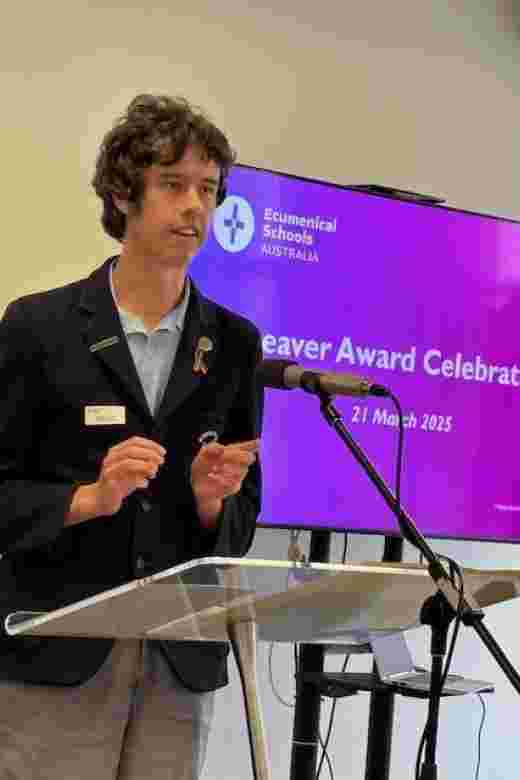
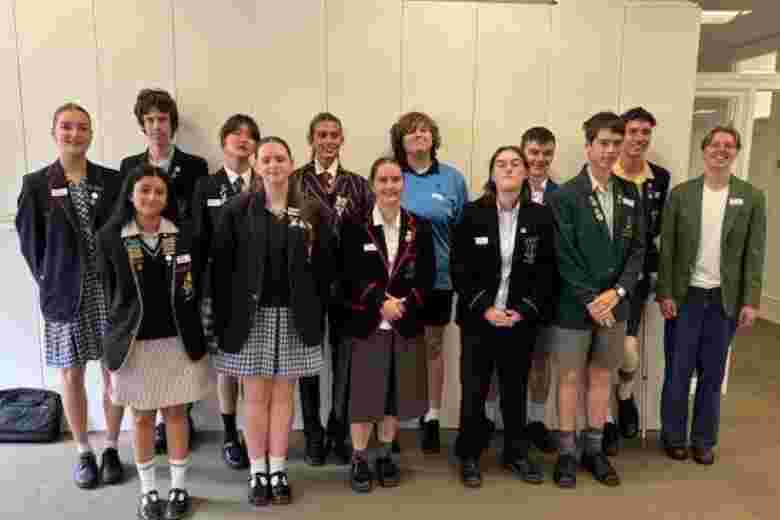
Borneo Expedition
Weekly meetings have commenced as part of the lead-up to our expedition to Borneo where we are learning to be a global citizen, a respectful traveller and learn about the culture and life in Borneo. Whilst in country, we will connect with indigenous communities, learn about their deep relationship with nature, as well as witness firsthand the impacts of deforestation.
Our two week trip will include sight-seeing in Kota Kinabalu, visit World Heritage sites and a tea garden, help to conserve the wildlife, flora and fauna of the 'Corridor of Life' conservation area surrounding the Kinabatangan River, trek to Oxbow Lake and visit the orangutan and sun bear conservation centres.
This is going to be a trip of a lifetime.
Fiona Smart and Dave Prideaux
Accompanying Teachers
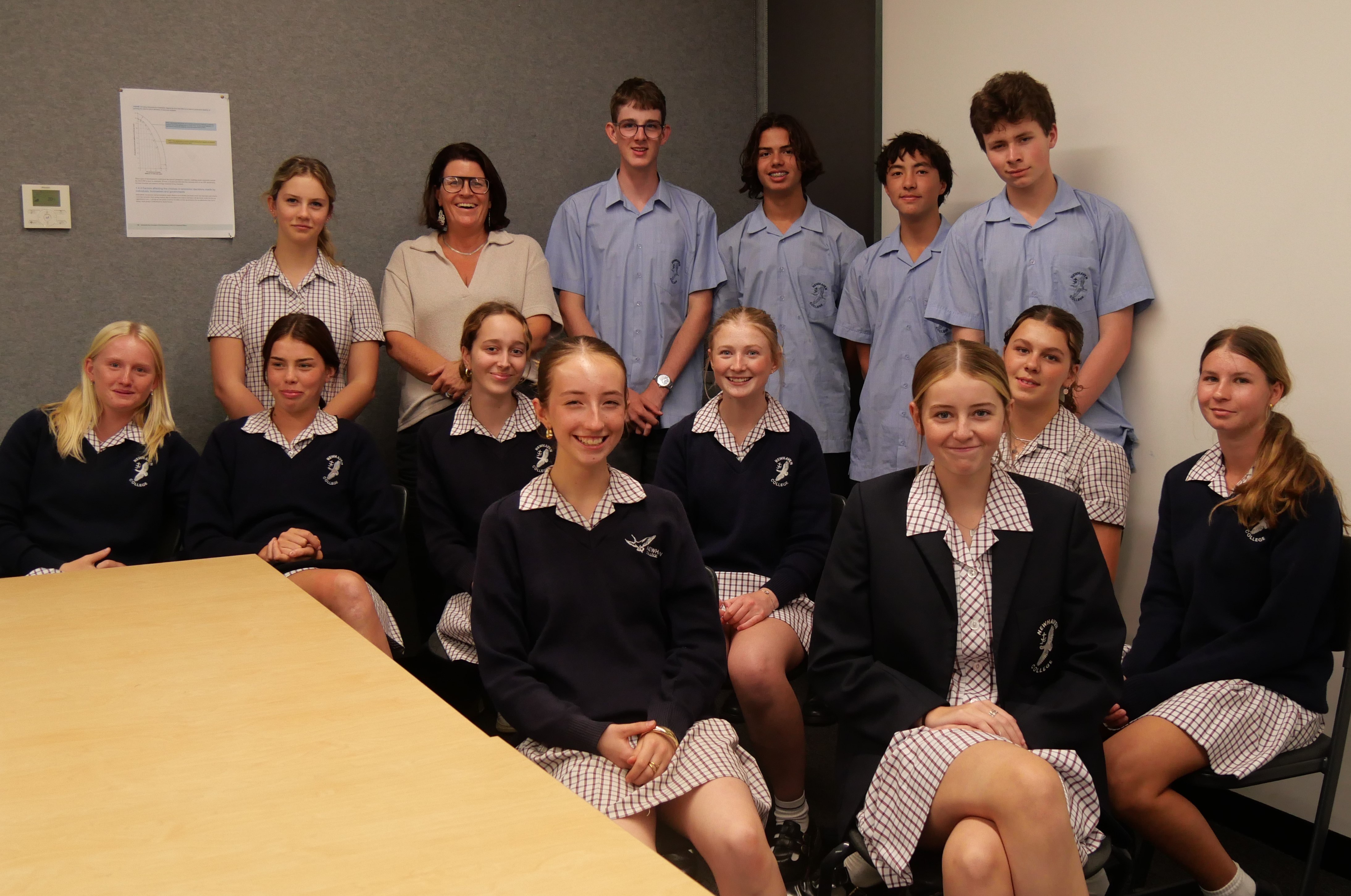
Year 12 University Tour
On Wednesday 5 March, our Year 12s visited Monash Clayton and Deakin Burwood to gain insights into the types of courses on offer. In particular, they toured Science, Engineering, Nursing, Law and Exercise Science faculties.
Students gained valuable insights into course and campus options and many are keen to further explore facilities at Open Days later in the year.
Anthea Bennett
Head of Careers
Duke of Edinburgh
School Paddling Trip Report – Lake Eildon
The school paddling trip to Lake Eldon was an unforgettable adventure over 4 days. We travelled in a minibus with our canoes loaded on the trailer. The trip was designed to build paddling skills, teamwork, and an appreciation for the natural environment.
Day 1 – After a long drive, we arrived at the unloading point on the lake's shore. The first task was completing flip drills to ensure everyone was prepared for any capsizing incidents. These drills were crucial for safety and gave us confidence in handling our canoes. Afterward, we checked out the bay across from the unloading area, familiarizing ourselves with the water conditions. As the sun was setting, we paddled to our first campsite, where we set up tents and prepared for the night. The evening was spent relaxing and discussing the plan for the following day.
Day 2 – With an early start, we packed up our campsite and launched into the lake, heading north. The water was calm, and the scenery was breathtaking, with dense forests lining the shore. Around midday, we reached a small island where we stopped for lunch. This provided a great opportunity to stretch our legs and take in the surroundings before continuing our journey. By late afternoon, we arrived at our second campsite, Maintongoon Inlet. The night was clear and we enjoyed a peaceful evening under the stars, sharing stories and reflecting on the day's journey.
Day 3 – The next morning, we set off from Maintongoon Inlet, eager to explore more of Lake Eildon. Our route took us through various coves and along rugged rocky shores, making for an exciting day of discovery. The diversity of the landscape kept our journey engaging as we navigated different water conditions. By evening, we reached our final campsite at Coopers Point. This location held special significance for some campers, as it brought back memories of the practice journey. The night was filled with nostalgia and a sense of accomplishment as we prepared for our last day.
Day 4 – Waking up at 5am on Sunday morning, we quickly packed up our gear and set off towards the minibus, determined to beat the incoming rain. Our timing was perfect, warm and dry in the minivan, outside the rain poured down. We felt a great sense of relief and satisfaction, knowing we had successfully completed our paddling expedition just in time.
The paddling trip on Lake Eildon was a remarkable experience that strengthened our paddling skills, teamwork and appreciation for nature. Despite the physical challenges, the journey was incredibly rewarding. The memories of exploring the lake, camping under the stars and working together as a group will stay with us for a long time. This trip was not just about paddling but also about growth, resilience and adventure.
Finn McLean
Year 11 Duke of Edinburgh Participant
Surf Safety and Recreation
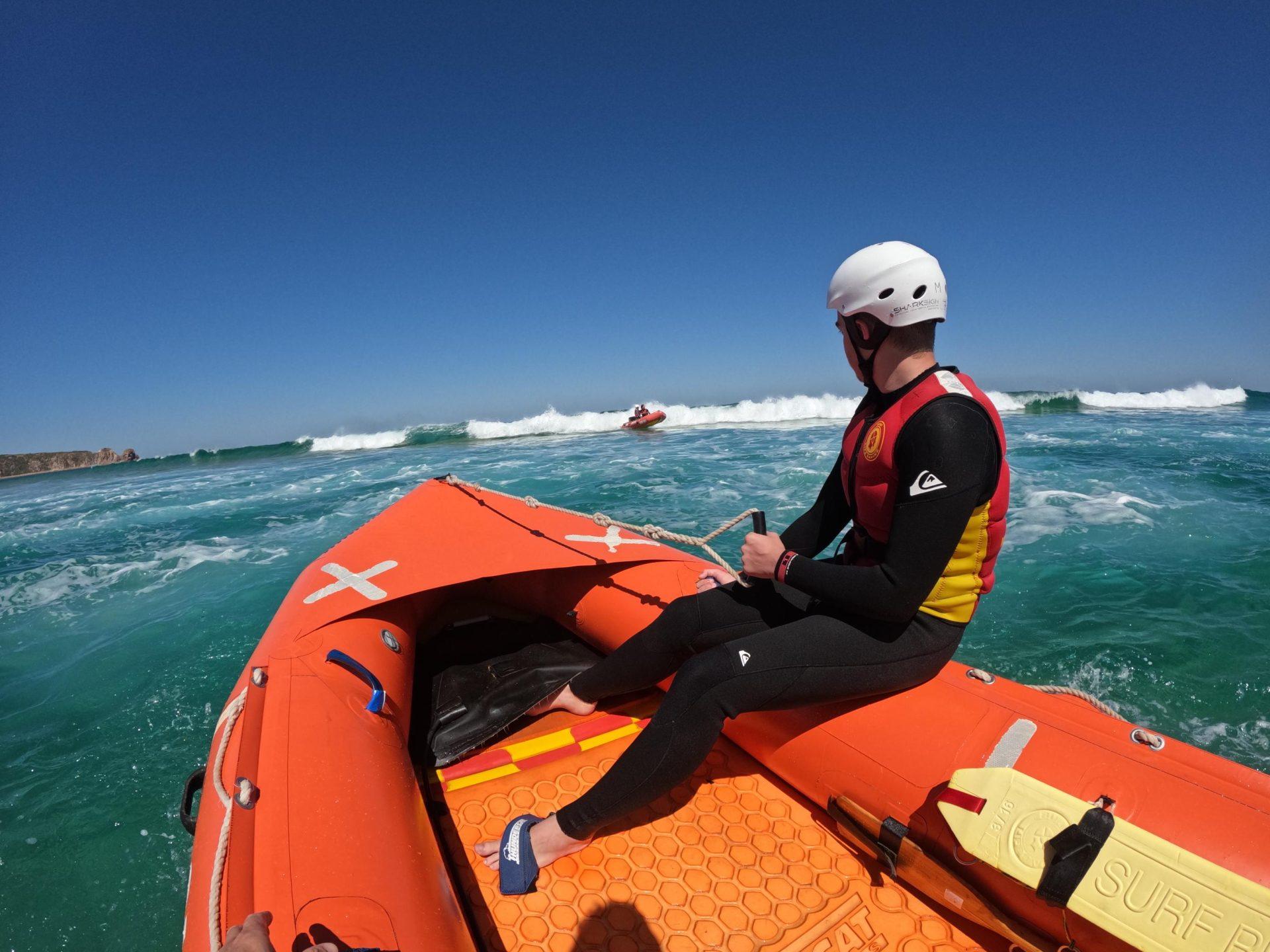
Recently, our Year 10 Surf Safety and Recreation students participated in an Inflatable Rescue Boat (IRB) experience as part of their Bronze Medallion Award program.
Once they complete their awards, many of our Year 10 students then go on to become active patrolling members at Cape Woolamai Beach Surf Life Saving Club.
Ben Clark
Careers
Please be sure to check out this month's Career Newsletter.
Key highlights include:
Lots of opportunities over the coming weeks from higher education providers.
Anthea Bennett
Head of Careers



